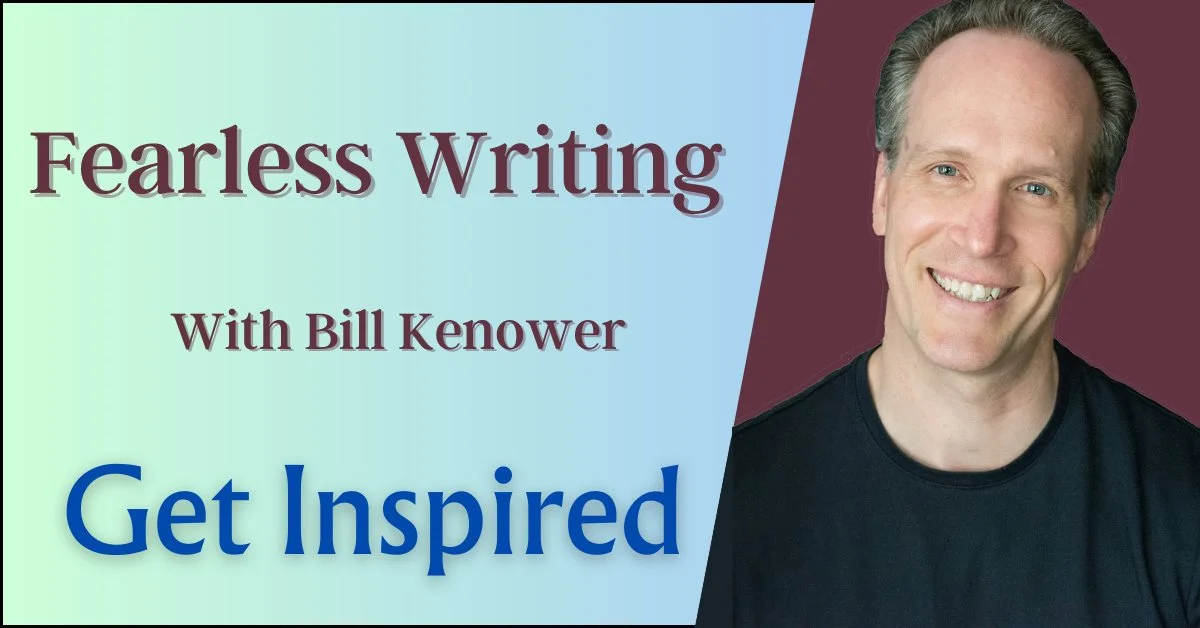Somebody
I always dreaded school-wide assemblies a little when I was a teenager. Hope High’s student body was not the best audience; if you didn’t get their attention immediately, they’d begin gabbing and joking as if they were in the cafeteria. The burgeoning performer in me always sympathized with whoever was on stage, no matter how boring they were. Plus, though I was not a church-goer, there was something holy to me about the raised proscenium and the rows of chairs and the lights above. It was a place to be together, to focus together, yet instead there was the usual disparate, chaotic, noisy nonsense, a reminder of the creeping, relentless underachievement for which our school had become known.
Then one day we learned Jesse Jackson would be coming to speak to us. I had no idea who he was except that he had worked with Martin Luther King Jr. That was a little like saying he had spent time with Jesus, the civil rights leader having already become a mythical figure even in my politically disengaged mind. The moment Jackson took the stage, I could tell something was different. I was sitting in the front row, directly beneath him. Behind me, the crowd was buzzing. It was like being at a concert before the band hit their first note. Something good was going to happen, and we were all there for it.
Jackson started in. “Hello, Hope High School!”
The place erupted. He knew who we were. I couldn’t take my eyes off him. Providence had a great repertory theater, so I’d seen some topnotch actors in person, but this was something else. He was just being himself, and he so present, so confident, so glad to be doing what he was doing.
His message that day was simple. He began talking about success and failure, and about believing in oneself. “You have to say to yourself: I am somebody!”
The crowd roared.
“Say it with me: I am . . .”
And we shouted, “I am!”
“Somebody!”
“Somebody!”
I already felt I was somebody, but I still liked saying it along with the crowd. The whole assembly went like that, a rolling, rollicking, call-and-response afternoon of positivity. I would never see the students so excited ever again, not for sports, not a for a dance – nothing. Jackson lit the fire that day. He knew how to, perhaps having learned from the best. Still, when it was over, and I saw him in the hallways afterward hugging a few students and then waving goodbye, and I could feel all the energy settling back to its uncertain resting place, I wondered how many of my classmates felt what I did: that he wasn’t taking the excitement with him, that it lived in us still if we but chose to call for it.
Check out Fearless Writing with Bill Kenower on YouTube or your favorite podcast app.
Everyone Has What It Takes: A Writer’s Guide to the End of Self-Doubt
You can find William at: williamkenower.com


